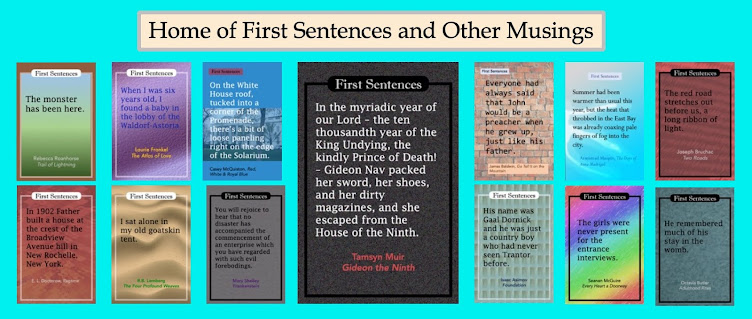When I was young enough that I had never had a favorite author before, I found Isaac Asimov, and he became my favorite author. I was in sixth grade, twelve years old (which Peter Graham called "the golden age of science fiction"), and I went on to read all of Asimov's fiction I could lay my hands on, and all the books in the half-case section of adult sf in the very small public library of our town of 300 citizens.
At twelve, I was innocent of any theories of writing or of how writers should conduct themselves. In fact, I would be married and living in a larger city before I realized that Isaac Asimov was Jewish.
Now some of Asimov's behaviors bother us. Don't put your hands on other people without their consent. I don't recommend that we take his life as an ethical guide and I hope we continue to learn kinder, more inclusive, and more equitable ways to behave. If the world goes well, fifty years from now, some of what I do may appall our descendants. There are some possibilities I suspect – I can imagine them floored by burning fossil fuels – and there may well be others I haven't even imagined.
So I am inclined to grant Asimov grace enough to look at one of his sentences.
Foundation was published in 1951. Its first sentence shows a young man taking that same trip from country to city that I would: "His name was Gaal Dornick and he was just a country boy who had never seen Trantor before." We don't know where Trantor is. But it is a place a "country boy" hasn't seen: very likely a city.
Who is Gaal Dornick? A "country boy" with an unusual name. He's someone young, untraveled, and in an entirely new place – which means he can see Trantor at the same time as we do. He will have the same kinds of questions about it that we would if we were there. His name and the unfamiliarity of "Trantor" suggest that we are in a different world. Yet someone fresh to that world will help us enter it by puzzling his way through it as we would have to.
The young character suggests we may see Gaal grow up; his arrival in a new place promises the pleasures of a travelogue. Gaal will need to find his way around, a source of conflict. This first sentence begins to open a world, a character, and a conflict for the story in eighteen simple words.
As a small town girl myself, is it any wonder I wanted to see what happened next?
I like the rhythm of the sentence, too. Try reading it aloud.
Graphic design by Ken Silbert


























